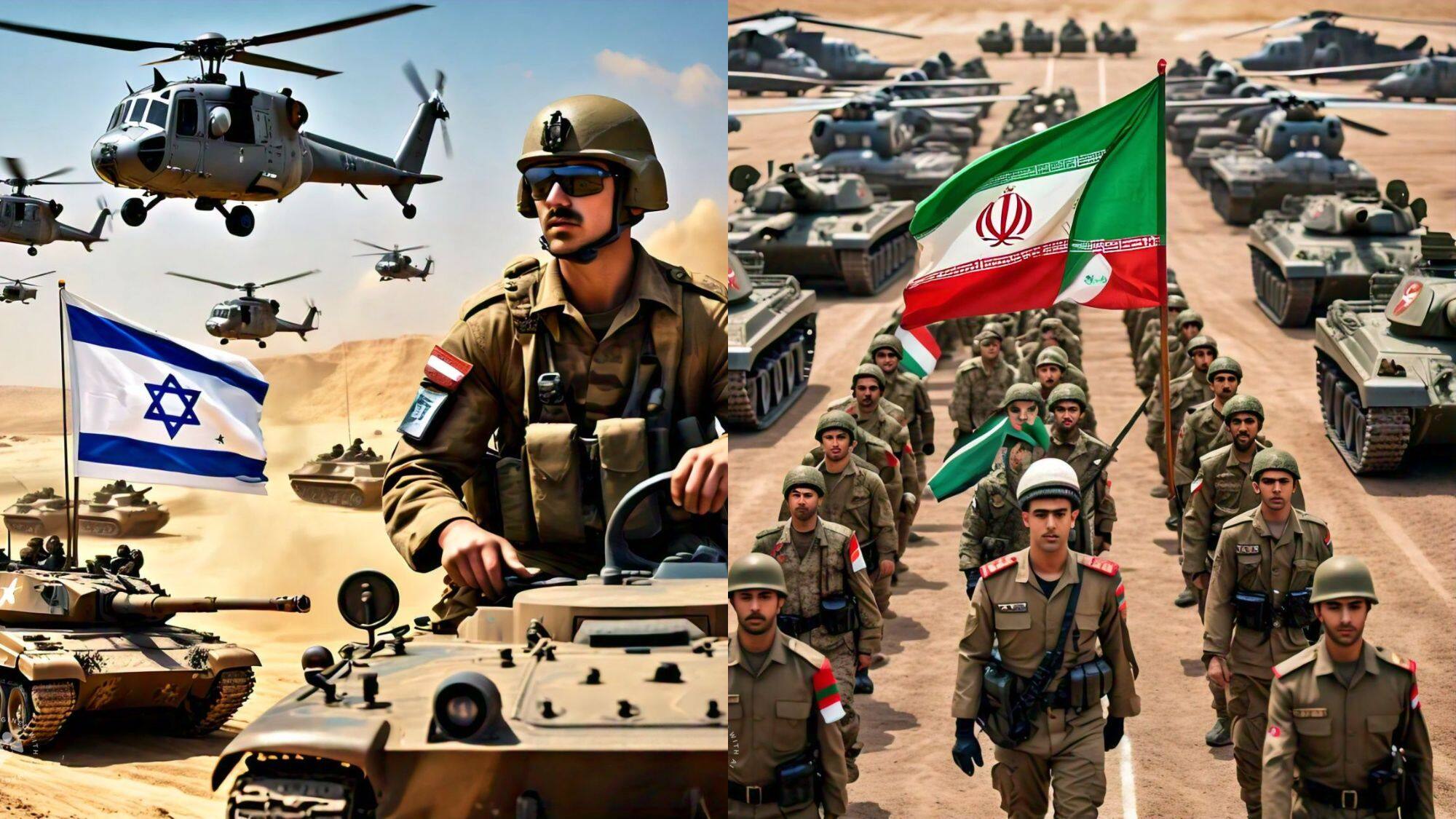The recent escalation of tensions between Iran and Israel has captured global attention, particularly after Iran launched a missile attack targeting Israel, claiming it as revenge for civilian casualties in Gaza and recent military losses. As both nations possess significant military capabilities, the potential for a wider conflict looms large. In this article, we will examine the military strengths of both countries, including troop numbers, military spending, and various capabilities.
Military Overview
Israel and Iran have been longstanding adversaries, engaging in proxy warfare for years. However, the recent events indicate a rapid shift towards direct confrontation. Below is a detailed comparison of their military strengths based on the latest data.
Troop Numbers
| Country | Active Troops | Reserve Troops |
|---|---|---|
| Iran | 610,000 | 350,000 |
| Israel | 169,500 | 465,000 |
According to the The Military Balance 2023 report by the International Institute for Strategic Studies (IISS), Iran boasts an extensive military force, with mandatory military service for men above 18 years of age. Conversely, Israel also mandates military service for most young adults, significantly bolstering its reserve forces.
Military Spending
| Country | Defense Spending (2023) |
|---|---|
| Iran | $10.3 billion |
| Israel | $27.5 billion |
Reports from the Stockholm International Peace Research Institute (SIPRI) indicate that Israel’s military spending has surged by 24% compared to the previous year, likely due to the ongoing conflict in Gaza. Iran’s defense budget increased modestly by 0.6%, reflecting its strategic priorities in light of regional threats.
Ground Forces
| Country | Tanks | Artillery | Armored Vehicles |
|---|---|---|---|
| Iran | 10,513 | 6,798 | 640 |
| Israel | 400 | 530 | 1,190 |
The extensive number of tanks and artillery pieces gives Iran an edge in traditional ground warfare. However, Israel’s advanced technology and portable armored vehicles enhance its operational versatility.
Air Power
| Country | Fighter Aircraft | Helicopters |
|---|---|---|
| Iran | 312 | 50 |
| Israel | 345 | 43 |
Both nations have substantial air forces, but Israel is renowned for its advanced fighter jets and superior training programs, giving it a qualitative edge in aerial engagements.
Naval Capabilities
| Country | Submarines | Patrol Craft |
|---|---|---|
| Iran | 17 | 68 |
| Israel | 5 | 49 |
Iran’s naval fleet, including tactical submarines and numerous patrol vessels, presents a significant challenge to maritime security in the Persian Gulf. Israel’s smaller fleet, however, is bolstered by technological advantages and close U.S. naval cooperation.
Air Defense Systems
Israel relies heavily on the Iron Dome, a sophisticated air defense system designed to intercept short-range threats. This system has been instrumental in protecting Israeli cities from missile attacks, including those from Iranian forces. Iranian air defenses include a variety of systems, such as the S-200 and S-300, but there is ongoing debate regarding their effectiveness against advanced missile technology.
Ballistic Missile Capabilities
Iran’s arsenal includes numerous medium and short-range ballistic missiles, some capable of reaching targets in Israel and beyond. Conversely, Israel possesses a range of ballistic missiles, with its Jericho-3 missile system being a key component for long-range strikes.
Nuclear Capabilities
While Israel maintains an estimated stockpile of 90 nuclear warheads, Iran’s nuclear ambitions remain contentious. Although Iran lacks nuclear weapons, it continues to develop its nuclear program, raising concerns in the international community. Supreme Leader Ali Khamenei has publicly stated Iran’s non-intent to pursue nuclear arms, although recent events have led to speculation about potential shifts in policy.
Conclusion
The ongoing conflict between Israel and Iran poses a significant risk not only to regional stability but also to global peace. Both nations are equipped with formidable military capabilities that could lead to devastating consequences if tensions escalate further. As the world watches closely, diplomatic efforts and strategic deterrence will be crucial in preventing a wider conflict.











